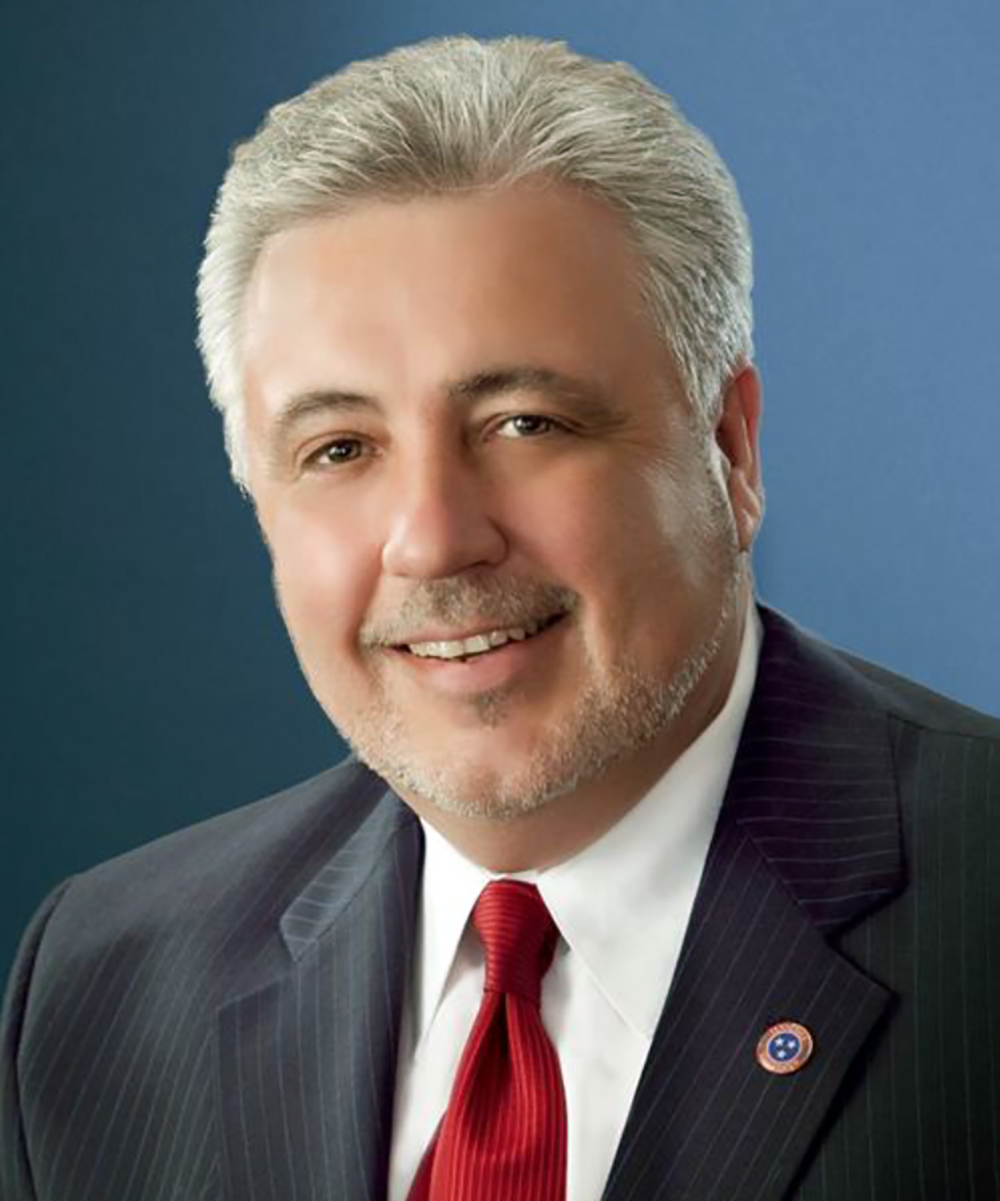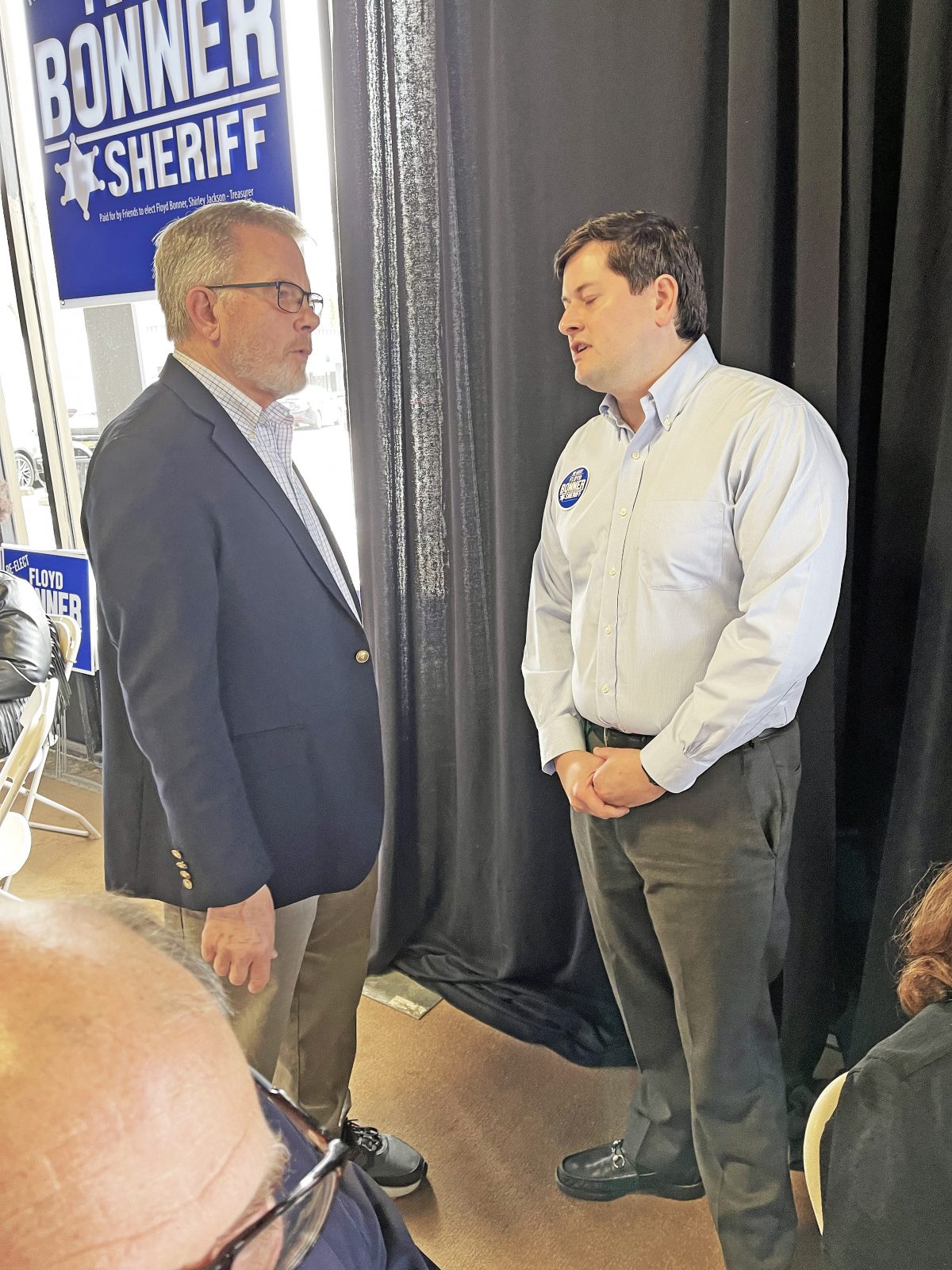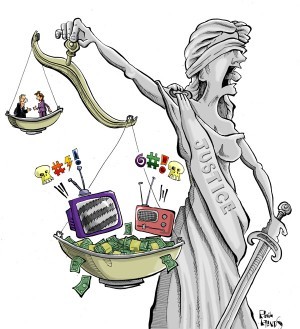The race for chairman of the Shelby County Republican Party, due to be resolved at the local party convention on Saturday at the Venue at Bartlett Station, has turned into a real donnybrook, with potentially divisive consequences.
As noted previously in this space, the two candidates are former Memphis City Councilman Worth Morgan, the beneficiary of an intra-party “Revive” campaign supported by numerous prominent party members, and longtime activist Naser Fazlullah, whose nose-to-the-grindstone party activities have won him a sizable grassroots constituency.
Underlying the surface aspects of the race are conflicts and rivalries involving other party figures and a myriad of issues.
Morgan’s most significant supporter is undoubtedly state Senator Brent Taylor, who claims credit for having recruited Morgan, an unsuccessful candidate for Shelby County mayor in 2022, to seek the chairmanship. Taylor won election to the state Senate that same year, claiming the seat vacated by former incumbent Brian Kelsey, who was forced out by legal problems. Since then, he has gone on to generate an amount of attention for himself unusual for a first-term legislator.
That’s partly due to the fact that Taylor, wealthy from the sale of his extensive funeral home network, has personally endowed numerous GOP candidacies and party events, both statewide and locally. And he continues to attract publicity for his aggressive efforts, in and out of the legislature, to impose stronger state control over law enforcement in Shelby County.
The most recent manifestation of what Taylor calls a “Make Memphis Matter” campaign is his ongoing attempt to force the removal of Shelby County District Attorney Steve Mulroy, whom he accuses of lax crime control. The senator has initiated a legislative procedure that would ultimately require a two-thirds vote in both chambers of the legislature to oust Mulroy.
As it happens, Fazlullah opposes that effort, on the grounds that using legislation to remove a legally elected local official is unjustified overkill.
That’s one reason for Taylor’s animus toward Fazlullah and his recruitment of Morgan as a rival candidate. Another is his assertion that, at last fall’s Germantown Festival, Fazlullah strenuously urged GOP state Representative Mark White to oppose Taylor’s reelection in 2026. White acknowledges that Fazlullah made such an approach, which he politely turned aside.
Says Taylor: “Naser should never be party chairman after trying to recruit a candidate to run against a sitting state senator in a primary who happens to have been the largest contributor to the Republican Party while he was vice chairman. Two can play at this game!”
Meanwhile, Fazlullah has allies who hold grudges against Worth Morgan. One is Terry Roland of Millington, a notable GOP conservative who regards Morgan as a lukewarm Republican, a “Never-Trumper,” and a potential advocate of city-county consolidation.
Roland sees Morgan as a tool of party “elitists” and reproaches the chairmanship candidate for allegedly “boycotting” the local GOP’s 2022 Lincoln Day banquet, which was keynoted that year by Trump’s former chief of staff Mark Meadows.
The showdown over the chairmanship reflects a complicated pattern of conflicting loyalties, with GOP moderates and conservatives to be found on both sides.
• You saw it here first, in our year-end forecast of future political events: U.S. Senator Marsha Blackburn is seriously considering a race for governor in 2026 and has so informed an increasing number of her fellow Republicans statewide.
Glenn Jacobs, the Knox County mayor who was previously regarded as perhaps the leading Republican gubernatorial hopeful, has energized Blackburn’s likely candidacy with a formal endorsement.
The Republican nomination, though, will apparently still be contested by U.S. Representative John Rose of Cookeville, a multi-millionaire with the capacity to self-fund.





